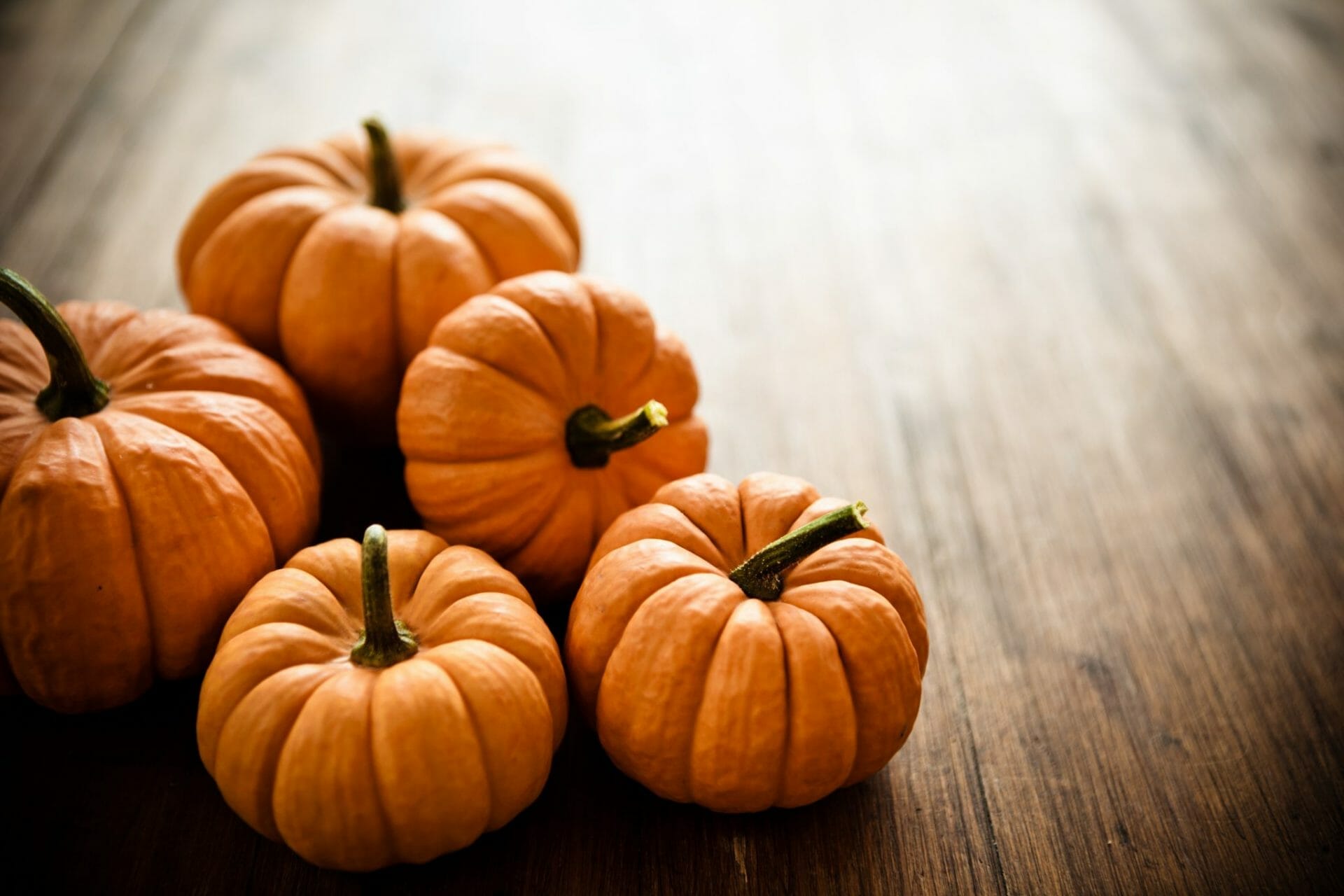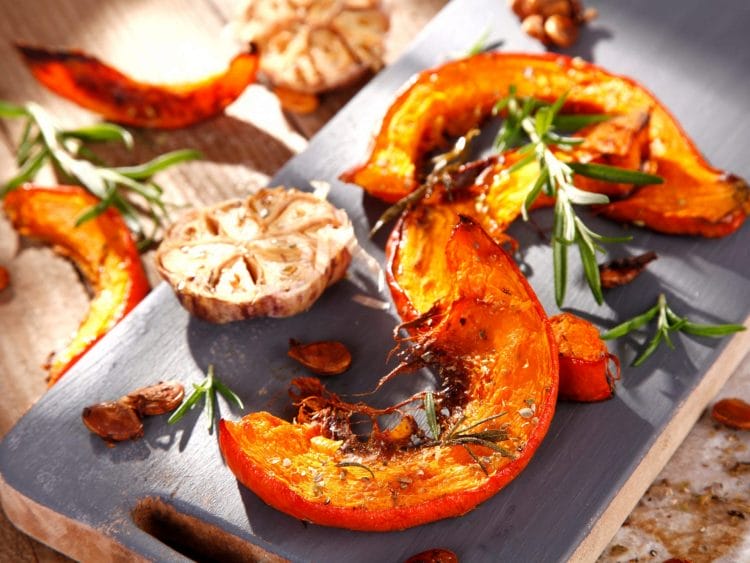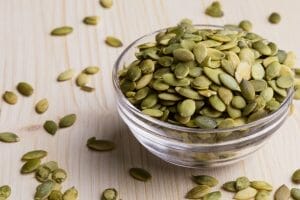With October already upon us, we have so much to look forward to – changes in the colors of the leaves, crisp mornings and pumpkin season! Pumpkin spiced goods are readily available in local coffee shops and on the grocery store shelves, but unfortunately most of these treats are packed with sugar and artificial flavors.
 Real pumpkin, however, is a versatile and economical choice of produce that offers numerous benefits for brain and overall health. One cup of pure pumpkin clocks in at just under 50 calories and has more than 10% of the recommended daily dietary intake of fiber.
Real pumpkin, however, is a versatile and economical choice of produce that offers numerous benefits for brain and overall health. One cup of pure pumpkin clocks in at just under 50 calories and has more than 10% of the recommended daily dietary intake of fiber.
The seeds, flesh and peel of this popular squash have attracted increasing attention from scientists due to its nutritional profile. While pumpkin is widely known in North America for seasonal harvests and carving, in many countries, including Austria, Hungary, Mexico and Slovenia, pumpkin is utilized for its anti-inflammatory and medicinal properties.
The notable orange color of pumpkins can be attributed to its high content of carotene (if this sounds like another familiar fall vegetable – you are correct to connect carrots as being an additional rich source of this nutrient). Once ingested, carotene is converted to Vitamin A.
One of the most well documented benefits of carotene supplementation is on preservation of vision. Published in the Archives of Ophthalmology in 2001, the Age-Related Eye Disease Study (AREDS) investigated the impacts of high-dose carotene supplementation on vision loss in older adults.
Age-related macular degeneration (AMD) is a leading cause of visual impairment as we age. The AREDS trial  found that amongst individuals with a high risk of developing macular degeneration – carotene-containing supplements were associated with a 25% lower risk in developing AMD and had significant benefits on preservation of vision.
found that amongst individuals with a high risk of developing macular degeneration – carotene-containing supplements were associated with a 25% lower risk in developing AMD and had significant benefits on preservation of vision.
More recently, a team based out of the University of Georgia’s Department of Psychology have demonstrated the benefits of carotene on cognitive function in older adults. Published in the Journal of the International Neuropsychological Society in 2016, the authors measured levels of two distinct carotenoids – lutein and zeaxanthin – in 43 adults above the age of 65.
The participants were tested on their ability to learn and recall patterns of words before undergoing a series of imaging tests measuring blood flow in key brain regions responsible for memory and learning. The authors found that carotene levels correlated with both blood flow to these brain regions as well as with improved scores on the tests of cognitive function. They hypothesized that the carotene levels might improve the efficiency by which brain cells communicate with one another – allowing for more efficient storage and retrieval of memories.
Another fun way to increase the amount of pumpkin in your diet is through the seeds. Often thrown away during the carving process, pumpkin seeds have been linked to potential benefits on mental health – including anxiety and depression levels.
An article in 2018 in the World Journal of Psychiatry by authors LaChance and Ramsey profiling the antidepressant effects of certain foods reported that pumpkin seeds have potent potential to improve mood – with an antidepressant food score of 47%.
The effects of this benefit are thought to be due to the level of tryptophan in the seeds. Tryptophan is a precursor to the neurotransmitter serotonin which is widely thought to be a key contributor in the development of mood disorders including anxiety and depression. A single ounce serving of pumpkin seeds contains nearly half of the recommended dietary intake of tryptophan!
In a 2014 study in the Archives of Psychiatric Nursing – individuals who reported consuming higher levels of tryptophan from a variety of foods (including pumpkin seeds) had significantly fewer symptoms of depression, irritability and anxiety in comparison to those who self-reported consuming less than the recommended daily intake.
Given the wide range of nutrients in the flesh and seeds of pumpkins, there are many potential benefits of incorporating this seasonal flavor into your diet beyond just the spiced caffeinated drinks. Pumpkin is a highly versatile ingredient that can be added to baked goods, pureed as a base for pasta sauces or as a salad topper when the seeds are roasted. Whether it be for the vision-boosting elements or the mental health potential, consider adding pumpkin to support your ongoing health.





